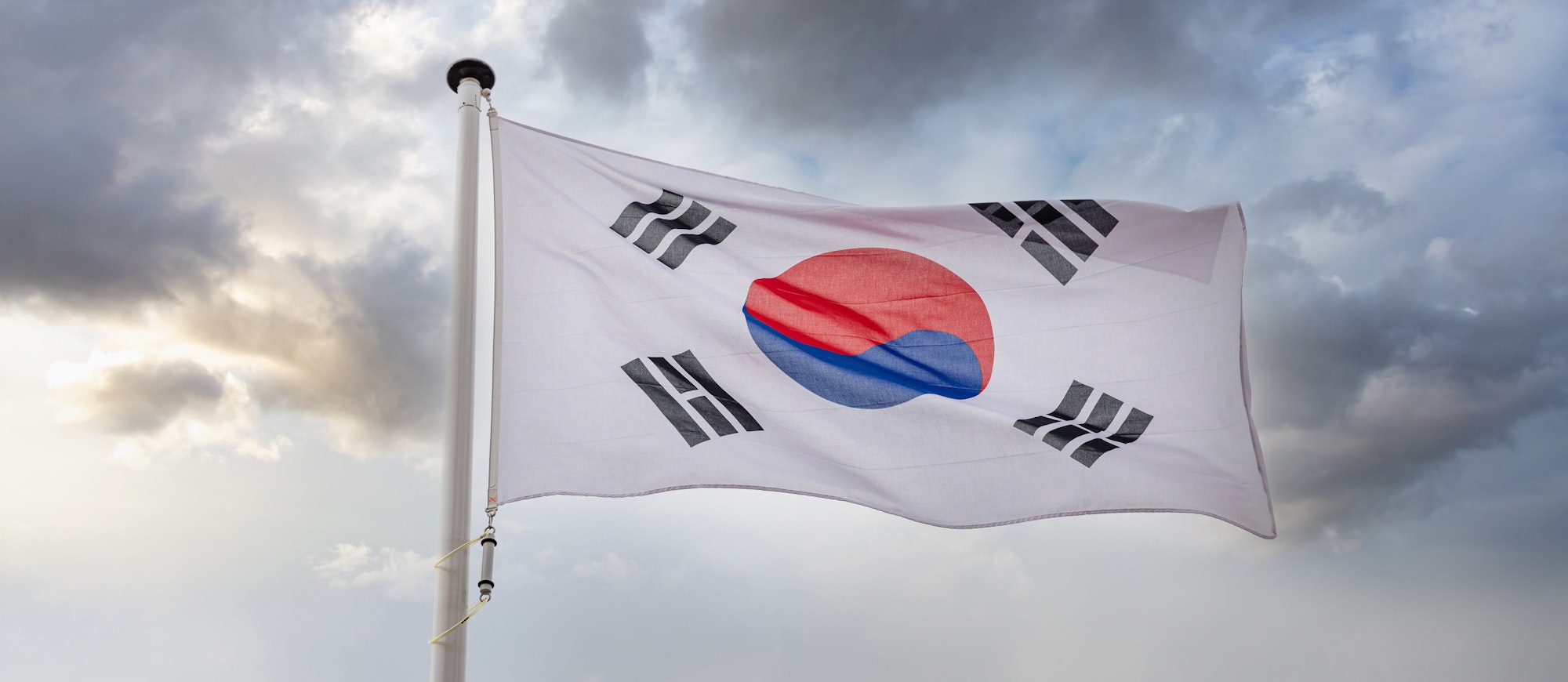Since yesterday, OpenAI has launched group chats worldwide for all ChatGPT users on Free, Go, Plus and Pro plans instead of limiting access to small trial regions.
The upgrade follows a pilot in Japan and New Zealand and marks a turning point in how the company wants people to use AI in everyday communication.
Group chats enable up to twenty participants to collaborate in a shared space, where they can plan trips, co-write documents, or settle disagreements through collective decision-making.
ChatGPT remains available as a partner that contributes when tagged, reacts with emojis and references profile photos instead of taking over the conversation. Each participant keeps private settings and memory, which prevents personal information from being shared across the group.
Users start a session by tapping the people icon and inviting others directly or through a link. Adding someone later creates a new chat, rather than altering the original, which preserves previous discussions intact.
OpenAI presents the feature as a way to turn the assistant into a social environment rather than a solitary tool.
The announcement arrives shortly after the release of GPT-5.1 and follows the introduction of Sora, a social app that encourages users to create videos with friends.
OpenAI views group chats as the first step toward a more active role for AI in real human exchanges where people plan, create and make decisions together.
Would you like to learn more about AI, tech and digital diplomacy? If so, ask our Diplo chatbot!










